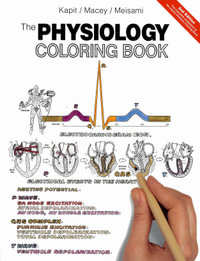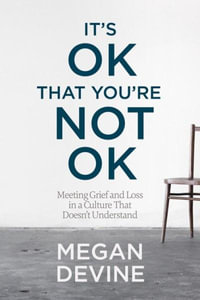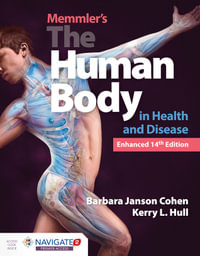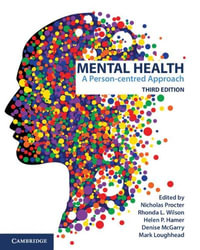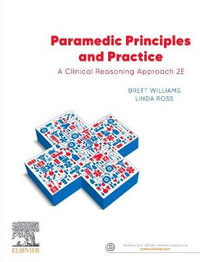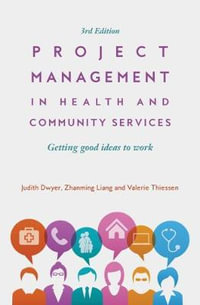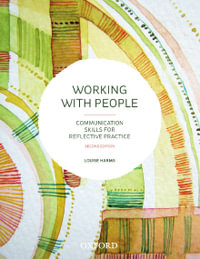
Remote Medicine
A Textbook for Trainee and Established Remote Healthcare Practitioners
By: John Nelson Norman (Editor), Malcolm Valentine (Editor)
Hardcover | 26 July 2020
At a Glance
Hardcover
$179.90
or
In Stock and Aims to ship in 1-2 business days
ISBN: 9781786347503
ISBN-10: 1786347504
Published: 26th July 2020
Format: Hardcover
Language: English
Number of Pages: 372
Audience: College, Tertiary and University
Publisher: WORLD SCIENTIFIC PUB CO INC
Country of Publication: GB
Dimensions (cm): 27.5 x 14.5 x 2.5
Weight (kg): 0.68
Shipping
| Standard Shipping | Express Shipping | |
|---|---|---|
| Metro postcodes: | $9.99 | $14.95 |
| Regional postcodes: | $9.99 | $14.95 |
| Rural postcodes: | $9.99 | $14.95 |
How to return your order
At Booktopia, we offer hassle-free returns in accordance with our returns policy. If you wish to return an item, please get in touch with Booktopia Customer Care.
Additional postage charges may be applicable.
Defective items
If there is a problem with any of the items received for your order then the Booktopia Customer Care team is ready to assist you.
For more info please visit our Help Centre.

